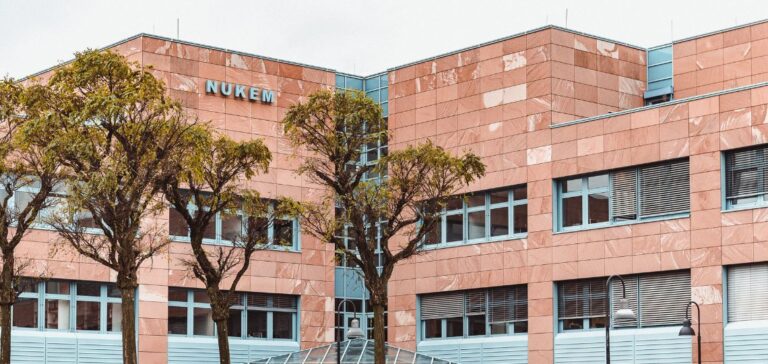Tokyo-based Muroosystems Corp has signed an agreement to acquire Nukem Technologies Engineering Services, a German company specializing in decommissioning, nuclear waste management and engineering services. Founded in 1960, Nukem was acquired in 2009 by Russia’s Atomstroyexport for 23.5 million euros. The sale was decided in 2022 due to geopolitical challenges and the difficulties of keeping the company under Russian ownership. Since then, intensive negotiations have been conducted with potential buyers.
Terms of agreement and outlook
The terms of the agreement signed on May 29, 2024 were not disclosed. Nukem stated that this acquisition by a Japanese investor represents a new opportunity to return to markets inaccessible under the old ownership structure. All necessary approvals for the transaction will be obtained and obligations to third parties will be met. Thomas Seipolt, CEO of Nukem, was delighted to find a partner willing to continue and expand Nukem ‘s activities in new markets and technologies, such as nuclear fusion and SMR. Nobuaki Ninomiya, Executive Director of Muroosystems, announced that the transaction should be finalized by mid-August 2024, anticipating new synergies between the German and Japanese professionalism.
History and challenges of Nukem Technologies
Nukem was founded in Germany in 1960 to design and manufacture nuclear fuel elements. In 2006, its activities focused on dismantling, radioactive waste management and engineering technology, grouped under the subsidiary Nukem Technologies. Transferred to TVEL, Rosatom’s fuel division, in 2019, Nukem has seen notable projects such as the Solid Waste Retrieval Facility in Lithuania. However, in April 2024, Nukem filed for insolvency under autonomous administration, protecting itself from creditors due to economic difficulties linked to the Russian ownership structure and the war in Ukraine.
Muroosystems’ strategies and expected impact
Muroosystems, founded in 2006 and specializing in IT solutions and renewable energy projects, sees this acquisition as an opportunity to create synergies in the nuclear markets of Europe, Japan and other Asian countries. This merger of Japanese and German expertise should strengthen nuclear decommissioning and waste management capabilities, while opening up new prospects in the field of nuclear fusion. Muroosystems’ acquisition of Nukem represents a significant step forward in the global energy sector. It opens up opportunities for international collaboration and advanced technological development. The combined strengths of the two companies should not only stabilize Nukem, but also stimulate innovation and expansion in the nuclear and renewable energy markets.






















